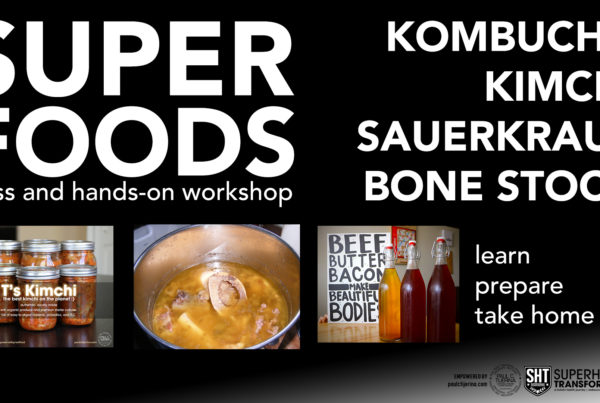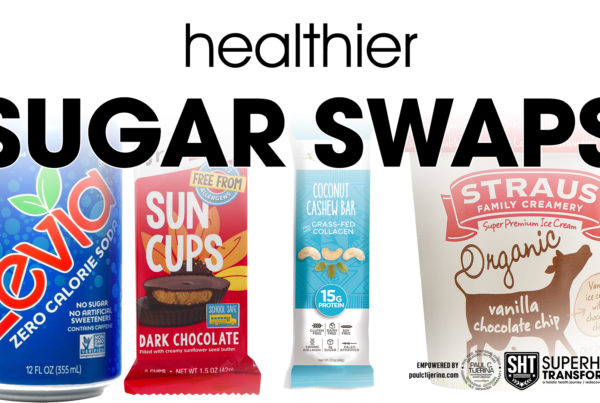SOURCING YOUR MEAT
real food first.
remember, our first priority is making the switch to real food, based on our definitions, and then strategizing for quality upgrades:
- real food first. even if it’s not the best quality, real food will work wonders.
- quality next. start to focus on quality upgrades where your budget allows, using strategies like we discuss here.
importance of quality.
remember, when we improve food quality we do several things:
- we get more nutrients. when animals eat better, when plants are treated better, they become better, and their nutrient profile improves.
- we get less toxins. by definition, better quality means less toxic inputs, and better alternatives to toxic inputs.
- its better for the plants and animals. better food for our food, and less toxins for our food, means our food feels better, and lives better.
- it’s better for the earth.
basic meat quality guidelines.
ground beef is always going to be cheapest, most cost effective. when buying conventional meats, it’s ideal to stick with leaner cuts because not only is the fat where much of the nutrients are, it’s also where the animal stores a lot of its toxins.
- conventional is fine. when buying conventional, go for leaner cuts, leaner ground beef.
- hormone antibiotic free = first quality upgrade.
- organic = next quality upgrade. may or may not be 100% grass-fed.
- grass-fed / pasture raised = great. will typically be organic, but if not. . .
- organic grass-fed / pasture raised = optimal.
basic pork quality guidelines.
- conventional is fine. when buying conventional, go for leaner cuts, leaner ground beef.
- hormone anti biotic free = first quality upgrade.
- organic = next quality upgrade, because at least we know the animals were fed organic ingredients.
- free-range organic = even better quality upgrade. free-range is a useful term with pork.
- pastured or pasture raised = great. the way pigs were meant to live.
- organic pasture raised = optimal.
basic chickens and eggs quality guidelines.
- conventional is fine. don’t fall for cage-free or free-range. when it comes to poultry, these are worthless terms.
- hormone anti biotic free = first quality upgrade.
- organic = next quality upgrade, because at least we know the chickens are being fed organic ingredients.
- pastured or pasture raised = great. the way chickens were meant to live, digging, scratching, eating bugs and small animals.
- organic pasture raised = optimal.
basic seafood quality guidelines.
- quality farm raised = lowest level. I prefer to only trust farm-raised operations I have had a chance to learn about. so far, Whole Foods has convinced me they have a good program. you can learn more about Whole Foods Farm Raised Seafood program here, and also check out this YouTube video here.
- wild caught = optimal.
before getting a bunch of meat in bulk, consider buying a deep freezer.
- consider these chest freezers here. delivered right to your home :)
- a freezer will allow you to stock up on things on sale in grocery stores.
- a freezer will allow you to buy in bulk from CSA’s, COOP’s, and other bulk sources.
- a freezer is really cool to have :)
sourcing meat from Whole Foods.
I love buying meat from Whole Foods because their meat meets a minimal level of quality that you won’t find anywhere else.
- check out their Global Animal Partnership program here.
- there first level of quality = no cages, crates, or crowding, and hormone anti biotic free always.
- each store typically sources meat from one producer, and if possible, this producer is relatively local.
- most stores almost always offer varying levels of quality.
- ground beef at Whole Foods usually starts at about $5 / pound, with higher quality for slightly higher pricing.
sourcing meat from Costco and Sam’s Club.
you can find pretty good deals on organic ground beef, organic poultry, hormone anti-biotic free bacon, and sometimes other cuts of beef at places like Costco and Sam’s Club. organic ground beef at Costco usually runs about $4.50 per pound.
sourcing from Vegas Food CO-OP.
my favorite! you can buy in bulk. it all comes professionally packaged, vacuum sealed, in small portions. you can store in your freezer, and pull out as you need it.
Vegas Food Co-op gets their pork from Christiensen Family Farms. their pork is pasture-raised, Berkshire pork – the best pork you’ll find anywhere. and it comes out to be about $5 per pound. you can find out more about Christiensen Family Farm pork here. just remember to come back to VegasFoodCoop.com to place your order.
Vegas Food Co-op gets their beef from Christiensen Family Farms as well. their beef is grass-fed, with an option for grass finished or barely finished. it comes out to be about $6 per pound. you can find out more about Christiensen Family Farm beef here. just remember to come back to VegasFoodCoop.com to place your order.
- go to https://vegasfoodcoop.com/.
- check out their scheduled drops page to see when their next drop date is.
- visit their BUY PASTURE RAISED PORK page to select pork or pork and beef options, or
- visit their AGE DRIED GRASS FED BEEF page to select beef or beef and pork options.
U.S. Wellness Meats.
U.S. Wellness Meats is a great place to purchase anything and all things quality meat. a little pricey, but always available. I like to get my organ meats from this source. visit U.S. Wellness Meats here.
Alpine Ranch.
located in Northern Nevada, Alpine Ranch offers grass-fed beef and pastured Berkshire pork options. similar to the Vegas Food Co-op, they make deliveries to cities like Las Vegas. average prices are around $6.50 / pound for ground beef, $7.60 / pound for packages.
we have many people in our community that use Alpine Ranch. I’d suggest using Vegas Food Co-op once, and then using Alpine Ranch to compare.
visit Alpine Ranch’s website here.
Slankers.
my friend Colby (owner of The CrossFit Combine) has been ordering from Slanker Grass-Fed Meat for years and loves the quality. try them out! they average about $8 / pound for ground beef, and $10 / pound for packages.
visit Slanker Grass-Fed Beef website here.
sourcing seafood.
ideally look for wild caught. if going farm-raised I would only go with sources you’ve researched. I feel good about Whole Foods farm-raised program (mentioned above).
Vital Choice. in the holistic, real food realm, there is one source for quality seafood – Vital Choice. they offer a huge selection of all things seafood, plus a bunch of other stuff. a little pricey, but extremely high quality and consistency. visit Vital Choice’s website here.
other resources.
connect with Farmer’s Markets in your area! there are usually meat producers that attend, you can strike up a conversation and see where it goes! find local Farmer’s Markets near you at Local Harvest.
looking for meat shares, co-ops, or quality meat producers close to you? visit Eat Wild. I’ve used it since the beginning of my journey years ago. find producers near you and see what they offer.
what I do?
- I buy local fresh produce from WF. of course you can go to sprouts or trader joes or wherever.
- I buy some bulk items from Costco like Kerrygold butter and frozen veggies, sometimes cream.
- I buy all my beef and pork from Vegas Food COOP
IF YOU HAVE BETTER OR DIFFERENT INFORMATION, SEND IT SO WE CAN UPDATE THIS POST!
like this post? visit some of our similar posts!














